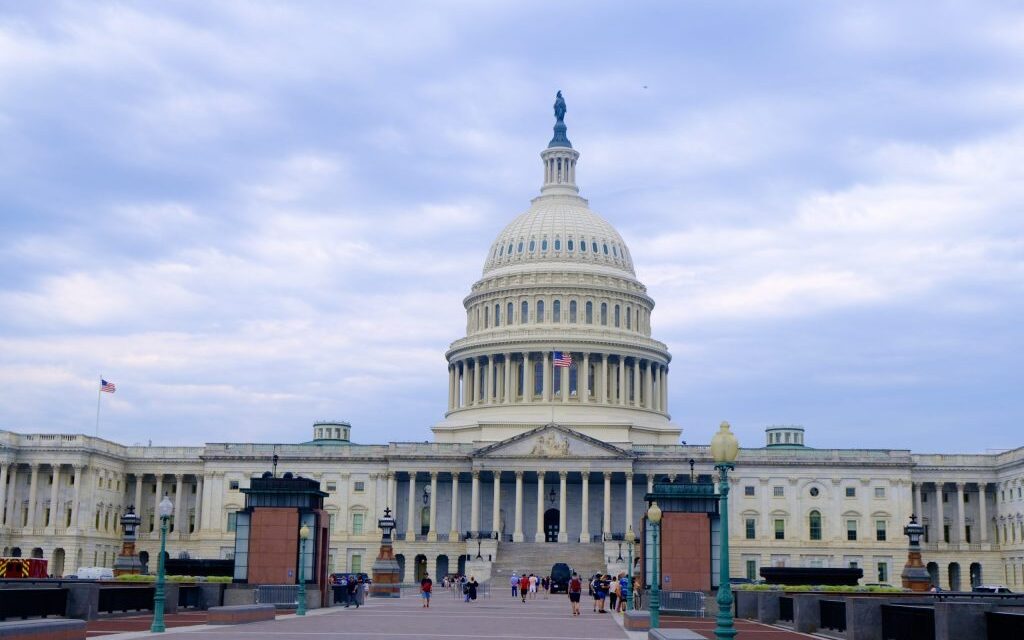By Ashleigh Fields, AFRO Assistant Editor, afields@afro.com
Government officials are tracking a potential shutdown in less than 48 hours if Congress does not pass the 12 necessary appropriations bill to fund federal operations. Democrats and Republicans have struggled to reach common ground on spending levels ahead of the 11:59 p.m. deadline on Sept. 30 ahead of the new fiscal year which starts promptly on Oct. 1.
In an effort to avert the crisis, House Speaker Kevin McCarthy (R-Calif.) introduced a stopgap bill which received substantial pushback from both parties. It failed in a vote of 198-232 on Sept. 29 with 21 Republicans voting against the legislation, which proposed considerable spending cuts for federal agencies but would keep the government open for another month.
The attempt at a continuing resolution stood no chance as several hard-right Republicans and the Democratic-controlled Senate rigidly opposed the option. Speaker McCarthy shared that he has “other ideas” on how to prevent a shutdown and that more votes are expected to take place on Sept. 30.
The Senate is currently attempting to outline a short-term spending plan through bi-partisian efforts that would provide $6 billion in natural disaster relief nationally and $6 billion in aid to Ukraine while maintaining spending levels for six weeks. Although the Senate has not yet taken a vote on the matter, House Minority Leader Hakeem Jeffries (D-N.Y.) did an interview with Joy Reid where he promised “a lion’s share of votes” to support the Senate’s continuing resolution which Speaker McCarthy has heavily criticized.
As uncertainty looms, here’s how a potential shutdown could affect you or your loved ones:
Supplemental Nutrition Assistance Program (SNAP)
The U.S. Secretary of Agriculture Tom Vilsak forewarned that SNAP recipients should be able to receive benefits for the month of October but could be severely impacted afterwards.
Women, Infants and Children (WIC)
The Special Supplemental Nutrition Program for Women, Infants and Children (WIC) will run out of federal funding almost immediately during a government shutdown. In the event of a shutdown that lasts beyond October, WIC recipients are not likely to receive benefits through November.
Social Security
The Social Security Administration will provide limited services, including distributing Social Security cards and accepting appointments for benefit applications. They will stop processing overpayments and benefit verifications. Wait times are expected to increase drastically.
Medicare and Medicaid
Current Medicare, Medicaid and disability insurance beneficiaries will continue to receive their benefits assuming a shutdown lasts less than three months.
Veteran Benefits
Assistance for homeless veterans and veteran-owned businesses may be affected in addition to opportunities for education and job training. Medical clinics and facilities will remain operational. Pensions and disability checks will continue to be processed and disbursed.
Federal Employees
“Non-excepted” or nonessential federal employees will be furloughed without pay until the government is funded. Law enforcement officials, active-duty military and national security personnel, known as “excepted” federal employees, will continue to work without pay until the government is funded.
Travel and Disaster Relief
Air traffic controllers, TSA officers and Custom and Border Protection (CBP) agents will remain working without pay. However, travelers may experience significant delays at airports due to likely increases in TSA staff absences.
Long-term disaster relief projects will be delayed or paused.
Small Businesses
The Small Business Administration will stop processing new business loans for certain programs like the 7(a) and 504 programs. However, SBA’s Disaster Loan Program will continue regular operations.
Farms
The Department of Agriculture would be forced to stop processing farm loans.
Read a related 2019 commentary by Congressman Elijah Cummings, No More Government Shutdowns
The post The effects of a potential government shutdown appeared first on AFRO American Newspapers .










